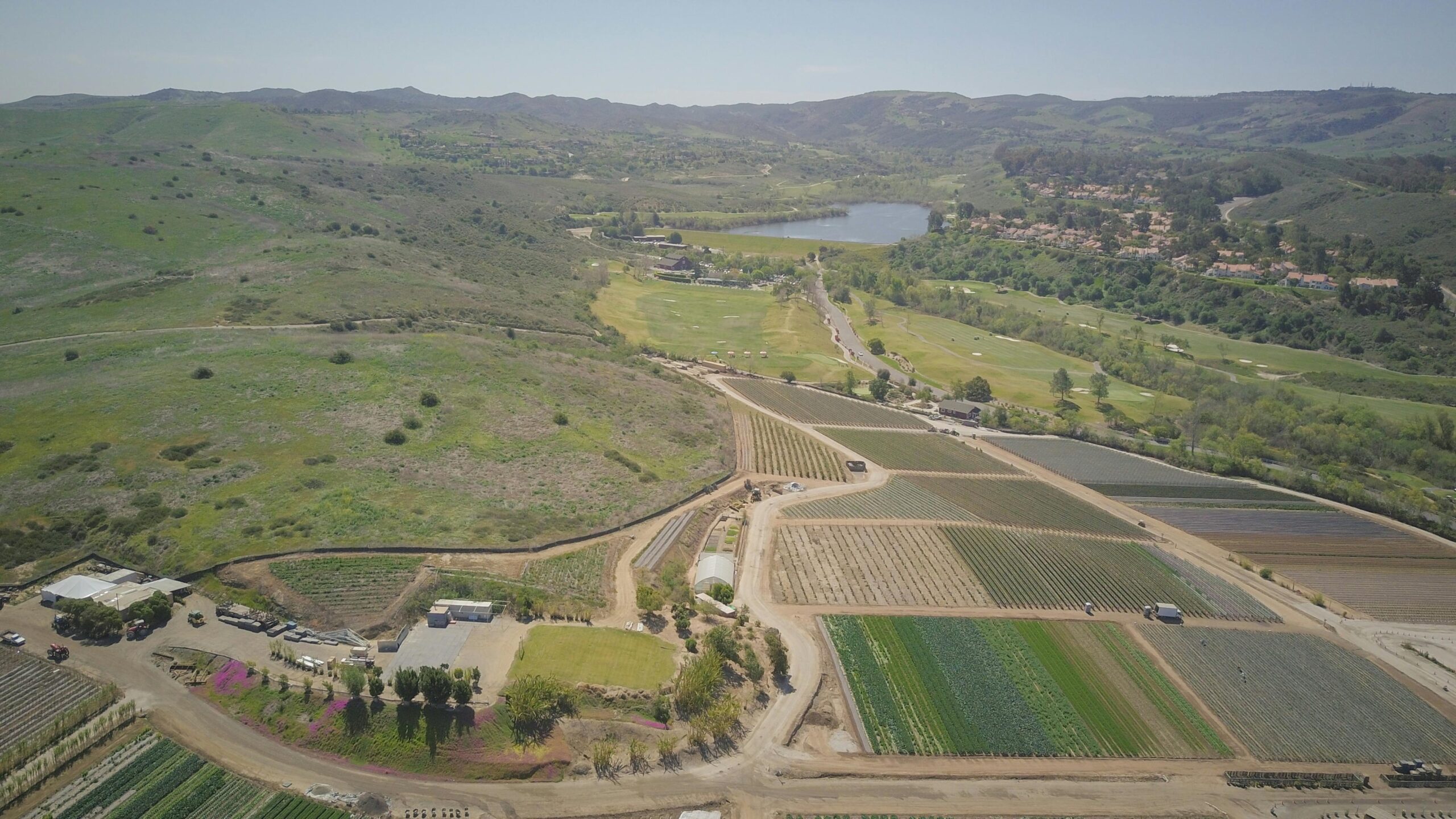How to Avoid the Risk of Your Land Being Taken Over by the Government
Land ownership is one of the most valuable investments anyone can make. However, in Kenya, landowners sometimes face the unfortunate risk of losing their property to the government—often due to documentation issues, expired leases, or inadequate awareness of legal procedures. If you own land, here are key steps you can take to protect it from government acquisition.
1. Secure a Valid and Updated Title Deed
The title deed is your most powerful proof of ownership. Ensure that your title is genuine, properly registered, and reflects the current ownership details. If your land was acquired through inheritance or purchase, follow the legal processes to update the title accordingly. Avoid informal or verbal agreements when acquiring land.
2. Renew Leasehold Titles on Time
If your land is under a leasehold tenure, monitor the lease period closely. Do not wait until the lease expires. Apply for renewal at least five years before expiry. Once a lease expires, the land automatically reverts to the government, and you may lose all rights to it.
3. Get a Proper Land Survey Done
A licensed surveyor should demarcate and map your land, especially if boundaries were never clearly marked. Accurate mapping avoids boundary disputes and provides concrete evidence of the land’s size and location, which is useful if government agencies come calling.
4. Stay Alert to Government Projects and Plans
Always be aware of what is happening in and around your area. Government infrastructure projects like roads, railways, or dams may affect your land. Stay informed through local authorities and community announcements. Knowing what’s planned helps you take action early.
5. Attend Local Barazas and Public Participation Meetings
Public participation is a constitutional right. These meetings are often used to communicate government plans that may affect landowners. Your attendance and voice matter—you can raise concerns, seek clarification, and protect your interests.
6. Regularly Inspect and Use Your Land
Idle or neglected land is more vulnerable to encroachment or being flagged for government use. Visiting your land regularly, putting it to productive use, or at least maintaining it, helps demonstrate active ownership and reduces the chance of unlawful claims or government takeover.
7. Consult a Legal Expert
A land lawyer or legal expert can help you understand your rights and obligations as a landowner. Whether it’s title transfers, lease renewals, succession matters, or land disputes, having legal guidance ensures you take the correct steps and comply with the law.
8. Report Any Threats or Injustices Immediately
If you suspect that your land is being targeted unfairly or fraudulently, take action immediately. Report the issue to relevant land offices or authorities. Keep records of all complaints and follow up consistently until the matter is resolved.
Final Thoughts
Owning land is not just about having a title deed—it’s about staying vigilant, informed, and legally protected. By taking proactive steps and understanding your rights, you can significantly reduce the risk of your land being taken over by the government or other parties.




